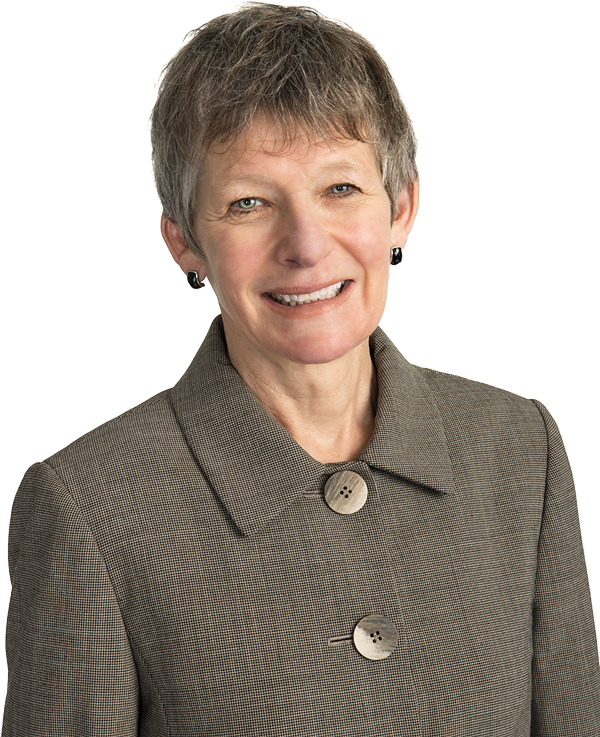In the face of uncertainty, it’s business as usual with auto dealers
by Matthew Phillips, CEO of Car Pros Automotive Group

Matthew Phillips, CEO of Car Pros Automotive Group

Recently, I was talking to an executive at a major auto manufacturer, and he shared that not only were they currently revising their annual business plan daily, but they also had a team of five full-time employees war-gaming different scenarios.
This type of nervousness is not surprising given the uncertainty in the current political / economic environment (tariffs, EV credits, EV mandates in ZEV states, just to name a few), but it got me thinking about where my fellow car dealers are today – and it is right where they always are: business as usual. I’m not seeing any of this kind of skittishness among my fellow car dealers. Quite the opposite: many of the dealers I know are bullish on the economy.
And when it comes to the auto dealership buy/sell market, the same holds true: the dealers I know who were looking to buy dealerships are still looking to buy. The dealers I know who were looking to sell still are motivated by the same reasons they always have been: an under-performing store that they can’t figure out how to fix, or a change in life circumstances.
In fact, I don’t know a single dealer looking to sell franchises, or exit the industry, doing so because of political/economic uncertainty. While uncertainty often leads to businesses being conservative, among the dealers I know, it’s business as usual.
I have always found dealers tend to be a naturally optimistic bunch. Perhaps optimism is a defining trait of anyone who is in the sales environment. But the persistent sanguinity of auto dealers goes a beat beyond the upbeat cadence of the salesperson – and for good reasons.
Auto dealers have demonstrated resilience in the face of potentially industry-busting crises - whether the dotcom era that was supposed to put the franchise system out of business, the great recession or, more recently, the pandemic. Where does this resilience come from? Partly from the very nature of the automobile business -- while some high-end cars are, indeed, luxuries vulnerable to economic shifts, at their most basic, cars, i.e. personal transportation, are a fundamental need, as core to most people’s existence as the roof over their head. People will always need their wheels and, as such, will continue to invest in buying and maintaining their cars despite economic and other challenges.
A business model built for financial stability
And it is this fundamental truth, coupled with the way sales and service can be counter-cyclical, that gives the unique auto dealership business model its financial stability. When the sales market softens, with people holding onto their cars longer, they will spend more on service to maintain, repair, and keep that vehicle on the road. A decline in sales can be a boon for parts and service. These two different business segments – service and sales – tend to insulate dealerships from the severe ups and downs impacting the rest of the economy and divorce them from the sales cycles upon which manufacturers’ fortunes rise and fall.
Furthermore, when you add used cars into the mix, dealers have even more levers to pull. As an example, most dealers saw a significant uptick in used and CPO sales during the Covid-driven supply chain inventory shortages.
Finally, it is the very essence of the auto dealership businesses and the auto dealers themselves that make them among our economy’s most resilient companies. Auto dealerships are neighborhood businesses, not massive corporations, so they can be nimble, pivoting quickly to changes in the macro environment. And, yes, auto dealers are some of the smartest, hardest working and most innovative businesspeople I’ve ever met. If there is a way to be successful, trust that a car dealer will find it.
While uncertainty will always be a part of business, life, and the auto industry, these are truly unprecedented times. None of us know what the future will hold, but if I were a betting man, I would bet that whatever happens, dealers and dealerships will come out on top.
Founded in 1993, Car Pros began as a small used car lot. Matthew and his family built it from two employees into an automotive group with over 700 employees and nine stores in Western Washington and Southern California representing Kia, Hyundai, Honda, BMW and MINI. Car Pros sells over 25,000 cars per year with annual sales of over $1 billion.

Alysha Webb, Editor
This article was written for Getting to Go, a buy/sell newsletter from Scali Rasmussen.

